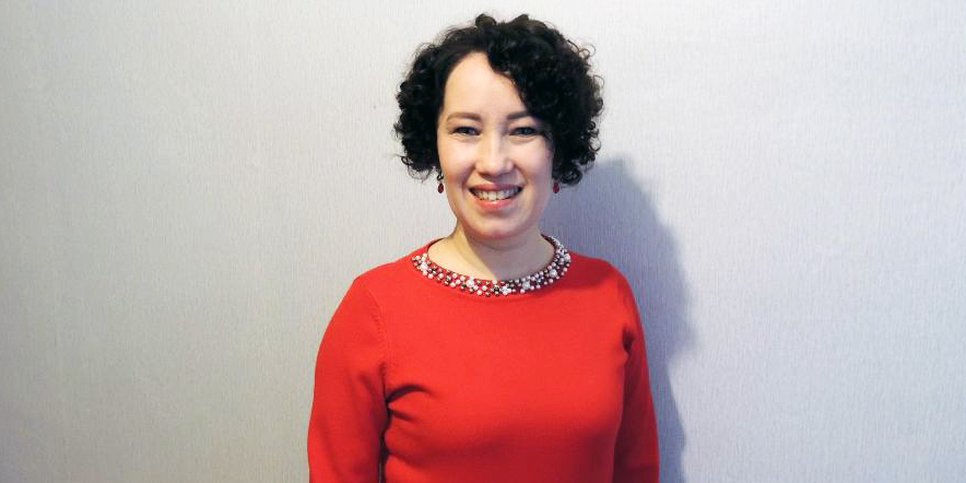In the photo: Ekaterina Pegasheva
In the photo: Ekaterina Pegasheva
The Court in Mari El Sentenced Ekaterina Pegasheva to 6.5 years suspended for reading the Bible and talking about God
Mari ElOn May 31, 2021, the judge of the Gornomariyskiy District Court of the Republic of Mari El, Nikolay Aiplatov, found 31-year-old Ekaterina Pegasheva guilty of extremism and sentenced her to 6 years and 6 months of probation with a probation period of 4 years.
Prior to the entry into force of the verdict, a written undertaking not to leave the place was taken from Catherine, previously she was under house arrest. The believer does not admit guilt and can appeal the sentence. Although there is not a single victim in the case, the prosecutor asked the court to imprison Ekaterina for 7 years in a colony.
“The only victims in this criminal case are me, my mother, my elderly sick bedridden grandmother. We have suffered significant damage - property, physical, emotional, mental, as well as damage to our reputation. I am a law-abiding citizen of the Russian Federation, I did not call for violence. My conscience is clear before God, and before the state, and before the people,” said Ekaterina Pegasheva, speaking in court with her last word.
The criminal case against Ekaterina was initiated on September 26, 2019. The investigation was initiated by the Investigative Department of the FSB of Russia for the Republic of Mari El. The believer became accused of organizing the activities of a banned organization (part 1 of article 282.2 of the Criminal Code of the Russian Federation), because, according to the investigation, she “deliberately continued illegal activities ...” - after the ban on religious organizations of Jehovah's Witnesses in Russia, she did not cease to profess Christianity and continued talk to others about religious topics.
On October 3, 2019, two searches were carried out in the case of Ekaterina Pegasheva: in Yoshkar-Ola and in the village of Pirogovo (Kirov region), where the mother of the believer lives. Books, videos, electronic devices, personal letters and documents, including a school certificate and a certificate of passing the exam, were seized from the women. Ekaterina herself was sent to a pre-trial detention center, where she spent more than 4 months. Then she was under house arrest for another 500 days. She was banned from correspondence, the use of communications, as well as daily walks.
Due to criminal prosecution, Catherine lost her job, which made it impossible for her to help look after an elderly bedridden grandmother. According to Ekaterina, stress-related health problems began not only for her, but also for her mother.
Investigator Alexei Marushin investigated Ekaterina's criminal case for almost a year. On September 21, 2020, it went to court.
The course of the process revealed the groundlessness of the criminal prosecution. The secret witness on the part of the prosecution "Petrov", during the interrogation, admitted that peaceful topics were considered at the services of Jehovah's Witnesses. According to another prosecution witness, at the meetings people "talked about God," and Pegasheva never called upon those present to "commit violent acts, overthrow state power and change the constitutional order," as the investigation and the state prosecutor argued.
The campaign to persecute Jehovah's Witnesses in Russia is unanimously condemned by the Council of Europe, the OSCE, the European Union, the United States and a large number of other international organizations. The UN High Commissioner for Human Rights stated: “We call on the Russian government to revise the Law on Countering Extremist Activities in order to clarify the vague and open-ended definition of extremist activities ... We also call on the authorities to drop charges and release all detainees for exercising their rights to freedom of religion or belief, freedom of expression, and the right to peaceful assembly and association. "

